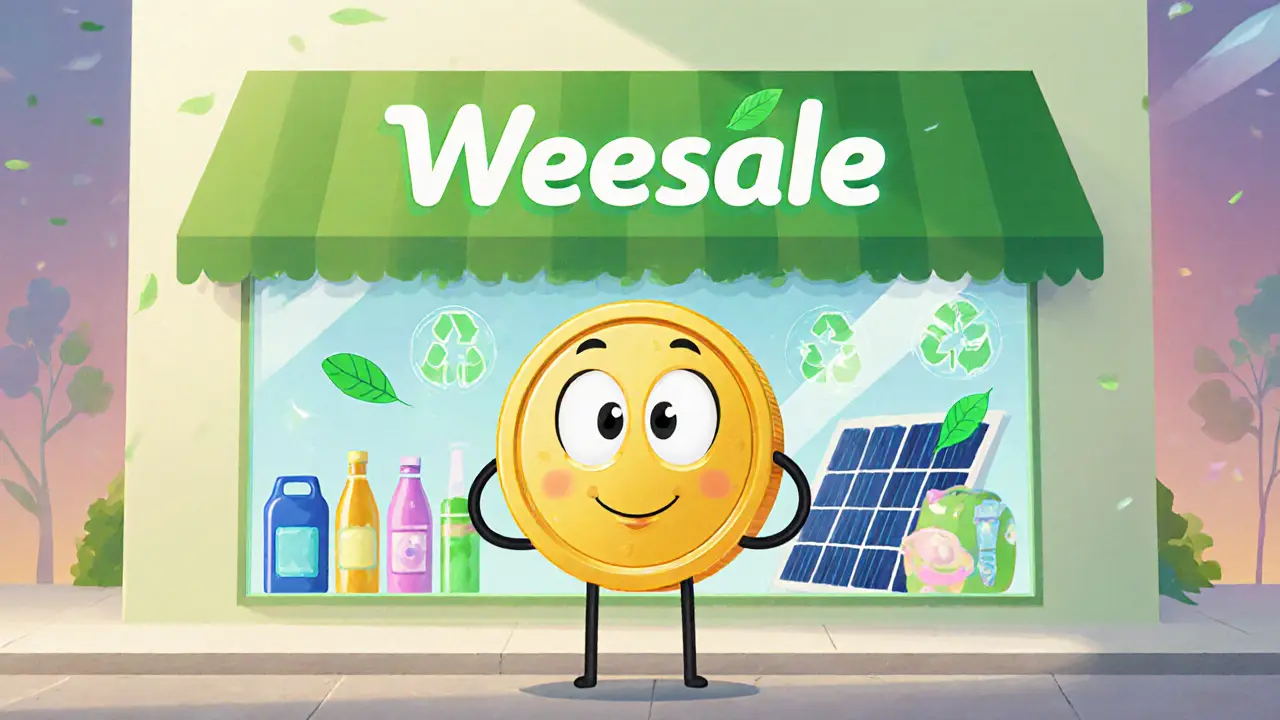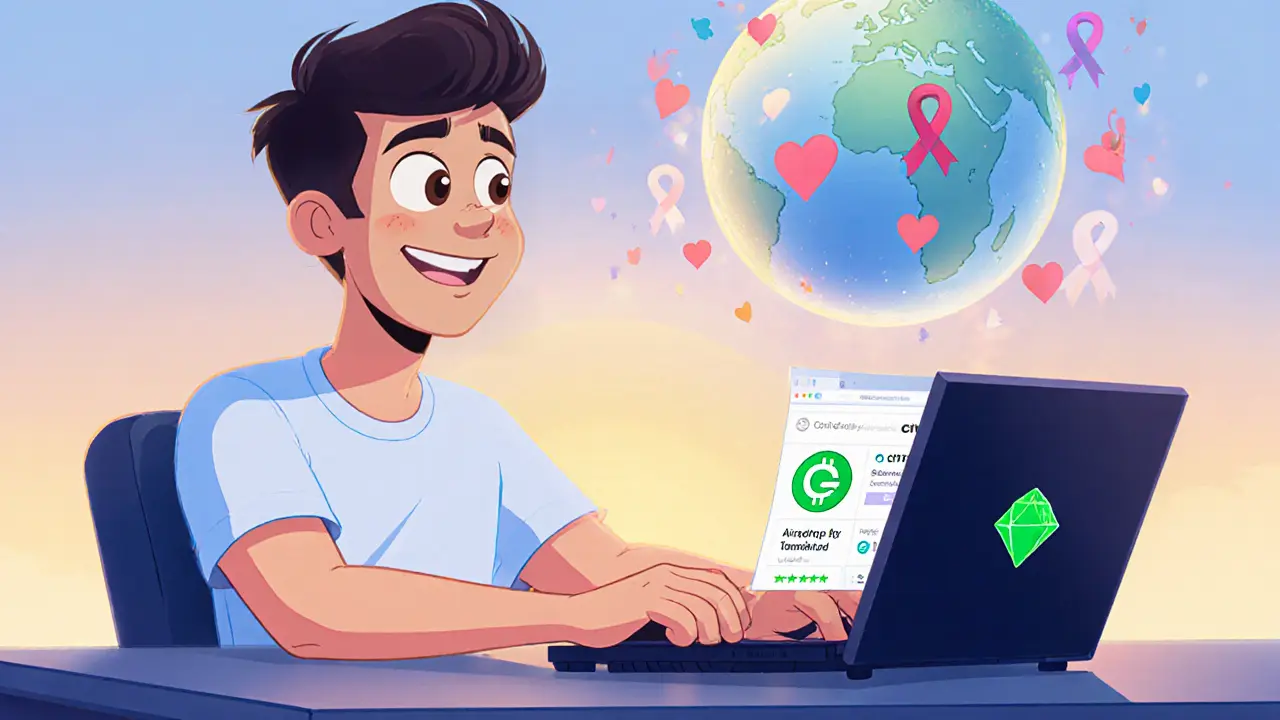Ethereum Token
When you start looking at Ethereum token, a digital asset that lives on the Ethereum blockchain. Also known as ERC‑20 token, a standardized token format that enables easy transfers, wallet support, and integration with dApps, it gives developers a common language for creating new coins and utilities. In simple terms, an Ethereum token is any crypto that follows this rule set, which makes it instantly recognizable by exchanges, wallets, and smart contracts.
Key concepts you’ll explore
The next layer you’ll encounter is the smart contract wallet, a wallet that runs code on-chain instead of just storing a private key. These wallets let you set up extra security steps, limit how much you can spend, or even pay fees in tokens other than ETH. Paired with account abstraction, a feature that separates the account’s identity from the signing key, the user experience becomes smoother: you can recover a lost wallet with a social key, batch multiple actions into one transaction, or let a dApp cover gas costs for you. In short, Ethereum token usability spikes when you combine ERC‑20 standards with smart contract wallets and account abstraction.
Beyond the tech, these tokens power a huge DeFi, decentralized finance services like lending, borrowing, and yield farming that run without banks ecosystem. Staking, liquidity provision, and token swaps all rely on the same ERC‑20 contracts you saw earlier, so understanding the token’s rules helps you gauge risk and reward. Whether you’re tracking a meme coin, a governance token, or a stablecoin, the same principles apply: check the token’s smart contract, see if it supports advanced wallet features, and consider how it fits into larger DeFi strategies. The articles below walk you through real‑world examples, from staking calculators to airdrop eligibility, giving you a practical roadmap to navigate the ever‑changing world of Ethereum tokens.
WeeCoins (WCS) Explained: Purpose, Tech, and Market Reality
Learn what WeeCoins (WCS) is, its eco‑friendly goals, technical specs, market performance, and why the token is essentially inactive as of 2025.
- 23
- Read More
CHY Airdrop by Concern Poverty Chain - What You Need to Know in 2025
A detailed look at the CHY airdrop by Concern Poverty Chain, covering how to join, token economics, humanitarian claims, risks, and FAQs for 2025.
- 18
- Read More

